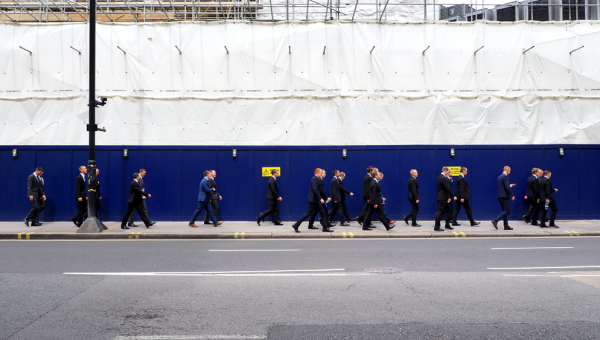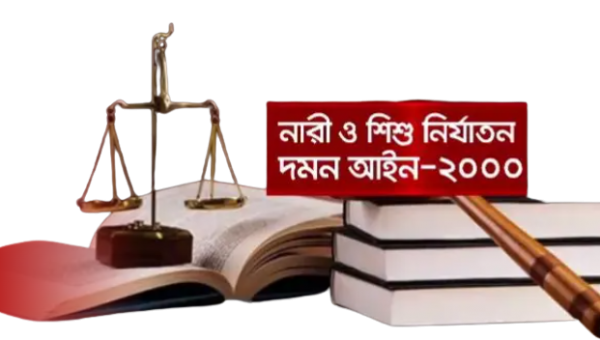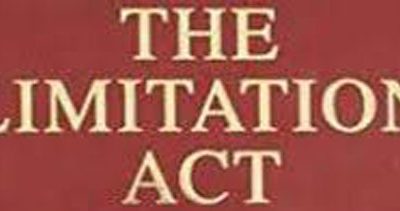
Provisions did not mention about the user about the registered trademark
Provisions did not mention about the user about the registered trade mark within the territory of Bangladesh yet the scheme and object of act indicates that unless the registered trade mark is used within the territory of Bangladesh for the purpose of business by affixing the mark on the body of the product and marketing the same within the territory of Bangladesh, then the registered trade mark cannot be treated to have been in use within the meaning of the provisions of section 71 of the Act. – Managing director, Baghdad Vegetable Oil Industries Ltd.Vs Van Den Hegs (Statutory Original),66 DLR (HCD) (2014) 450.
S 42 – The registered trade mark (DALDA) is the provisions under the trade mark No. 7685 and 7582 has not been use for last five years within the territorial jurisdiction of Bangladesh, although the proprietor of the said trade mark has obtained a renewal of the said trade mark for fifteen years earlier, but did not obtained any renewal of the trade mark No. 7685 and 7682even after its expiry of 28-3-2002 causing the mark sport (DALDA) of no legal implecation or right to exit in the rgistered of trade mark. – Baghdad Vegetable Oil vs VAN DEN HEGS (St. Original) 432.
Trade Mark Act, 1940 Section-76 read with
Trade Mark Rules 1963;Rule-84 Whether in spite of being not a party in the original Proceeding can prefer an appeal.
Held; So in ragrds of the provisions we hold that if a person whether juristic or natural, is aggrieved by a decision of the registered of Trade Mark, can prefer an appeal in spite of being not a party of original proceeding. A person aggrieved is never prohibited to present an appeal against a decision of the register, Trade marks by any provision neither in the Civil Procedure Code nor in Trade Marks Act or the Rules made there under.– Kanin (India)(P) Ltd. Vs Register of Trade marks & Anr, 22 BLT (HCD) (2014) 131.
Uniform Customs and practice for documentary credits, (1983 Revision) and International Chamber Of commerce Publication No. 400 (Briefly UCP 400).
The letter of credit (L.C) has developed over the experience of centuries in international trade and commerce. It operates to secure the payment to the seller for the price of the goods sold. It also protects the corresponding interest of the Bayer and the paying Bank .The bank issuing the letter of credit undertakes to honor and pay when the demand is made by seller as per terms and conditions of the letter of credit. Payment by letter of credit has by now become an effective and secured mode of payment of international trade. – M.R. Corporation and others-Vs-Islami Bank (Bangladesh) Ltd. And others (Civil), 3 ALR (HCD) (2014) 11.
Articles 3 and 4 – Independence of the credit.
The independence of the credit is secured in its operation under Article 3 by opening a letter of credit is completely separate from the contract of sale or service though the former is based on and necessitated for the latter, for obvious reasons. Secondly, the banks are in no way concerned with or made bond by such contract of sale of goods or service. Thirdly, provisions under Article 4, in the operation of the credit, all parties concerned or having privy to such newer contract deal in documents and not in goods, service under/or performance the documents may relate to.- M.R. Corporation and others-Vs-Islami Bank (Bangladesh) Ltd. And others (Civil), 3 ALR (HCD) (2014) 11.
Article 15 – It requires the issued bank to examine with reasonable care all documents provincial before it for payment and satisfy itself that the documents on their face value appear to be in accordance with the terms and conditions of the credit and they are not inconsistent with one another when the document produced strictly comply with terms of the credit. In the facts and circumstances of the case and the materials on record it is credit that the plaintiff- bank establish L.C. in gross violation of Bangladesh bank guidelines For Foreign Exchange Transactions and in collusions with the shippers, Defendant No. 3 negotiated discrepant documents and paid against it without making necessary security of the related documents and thereby defrauded the importer. – M.R. Corporation and others-Vs-Islami Bank (Bangladesh) Ltd. And others (Civil), 3 ALR (HCD) (2014) 11.
Value of confession by an accused against himself and against other accused.
It is the settled principled law that when the confessional statement of an accused if found by the court to be voluntary and true, it can well from the basis of conviction against the confessing accused. But the confession of co-accused against other accused by itself cannot be the basis of conviction against the co-accused unless it is corroborated by independent evidence from other sources. – The State- Vs.- Md Rafiqul Islam (Criminal) 3 ALR (HCD) (2014) 355.
Value of unilateral Kabuliat.
A unilateral Kabuliat does create any tenancy right in favor of the executants unless it is proved that the land lord accepted it and recognized the executants as tenants. – Md. Ashraful Alam -Vs Most. Halima Khatun (Civil), 3 ALR (HCD) (2014) 410.



















Leave a Reply
You must be logged in to post a comment.